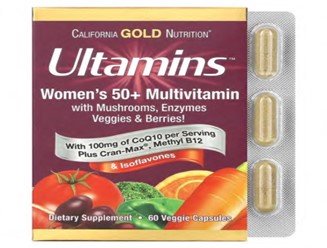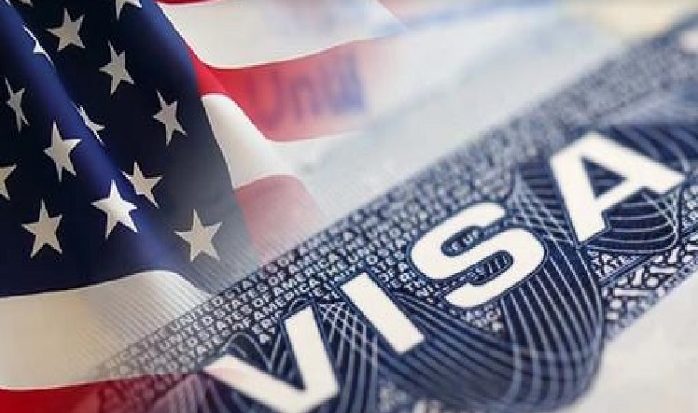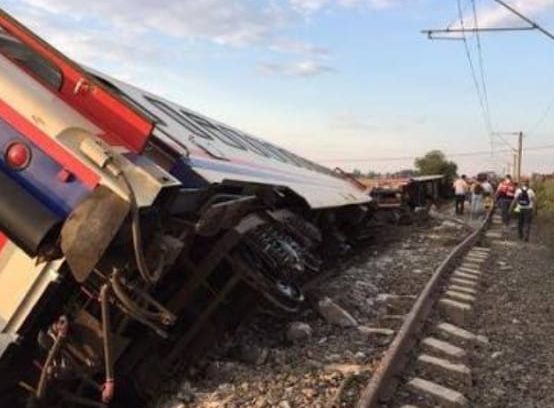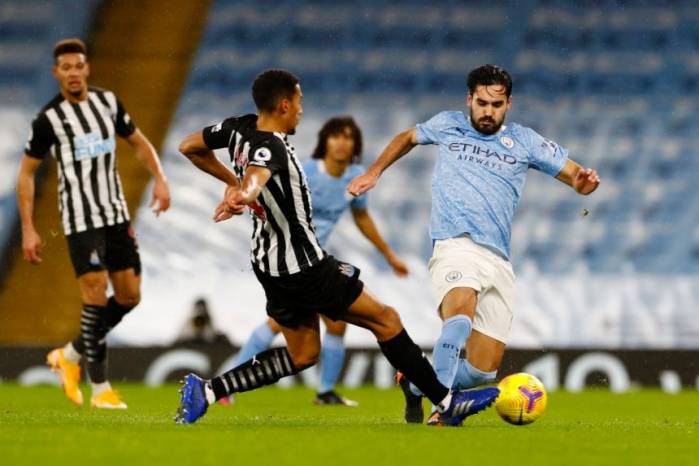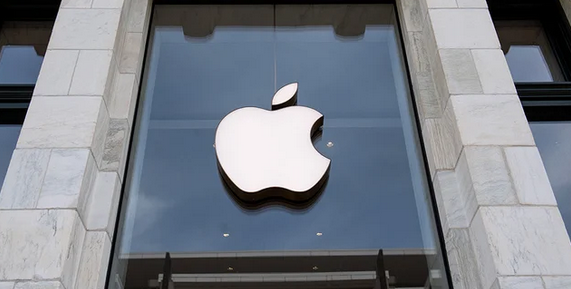Europeans know History better than Africans, losing to Morocco at the World Cup is quite normal and it comes with something different.
The Red Atlas Lions know that the Strait of Gibraltar is the link. Geographically therefore, Morocco and Spain are neighbours. Both countries have so much to share and they even fought wars in the past.
Qatar 2022 has affirmed that the fear of Morocco is the beginning of wisdom. Croatia, runners-up in 2018, came and were lucky to escape with a barren draw.
Belgium bared their fangs in group F. By the time the Lions roared, Brussels and Antwerp quaked. Riots broke out across the country after the 2-0 loss to the North Africans.
The Flemmings and Wallooons were free to cry. After all, they made it to the semis at Russia 2018. Now Eden Hazard has found it hazardous to continue with international football and Romano Lukaku may just go back to Bukavu in his native Congo to learn more about marksmanship in battle.
Luis Enrique did not have the strength of Eric the Red to call it quits after the Moroccans destroyed the Spanish Armada. He was sacked.
The Red Atlas Lions debuted at the World Cup in 1970. They became the first African country to earn a draw. It ended 1-1 against Bulgaria in Mexico.
It was not easy for West Germany. Morocco scored first in the 21st minute through Houmane Jarir and held on to that lead until Uwe Steeler’s equaliser in the 66th. Gerd Muller gave the Germans the winner ten minutes to time.
Credit to Lions goalkeeper, Allal, for standing firm against the very dangerous Muller who scored a hat-trick in the next game that saw Bulgaria crumble 5-1 after scoring first.
Muller hit another hat- trick in Germany’s last group match against Peru.
In 1986, Mexico hosted the World again. Morocco qualified for the second time. Group F was full of Europeans. England, Portugal and Poland.
The Red Atlas Lions were unbeaten in their three games. They humiliated Portugal 3-1 to top the group.
England, champions in 1966, had two Robsons. Bobby, the manager and Bryan, the skipper. When they faced Morocco, Bryan Robson was stretchered off and Vice Captain Ray Wilkins was sent off for throwing the ball at Paraguayan referee, Gabriel Gonzalez.
England was full of Gary Lineker, Glenn Hoddle, Chris Waddle, Peter Shilton, John Barnes and Terry Butcher.
Morocco had only five professional players. Mustapha Haddaoui came from Lausanne, Switzerland. Aziz Bourdebala played for Sion. The trio of Merry Krimau, Merry Mustapha and Allah Amane arrived from France.
The rest led by captain and keeper, Badou Zaki lived in Morocco and were drawn from WAC, Raja, FAR, Kac Kenitra, Fez, Marrakesh and Khouriboja respectively.
Curiously, Lineker who later won the tournament’s Golden Boot with six goals, could not score against Group F table toppers Morocco. Poland with goal poacher, Zbigniew Boniek could not either.
I was not surprised that goalie Yassine Bounou was unbeaten in the penalty shoot-out with Spain in Qatar. The Red Atlas Lions have a pedigree, from Allal to Zaki and now Bounou.
The Moroccans became the fourth African country to qualify for the Mundial quarter finals. Cameroon, Senegal and Ghana had achieved that previously.
It is a record that coach Walid Regragui is the First African to take a team to the World Cup quarter finals.
Spain, World champions in 2010 may continue to weep. They debuted in 1934 when Italy hosted and were able to defeat Brazil in Genoa.
Africa’s representatives, Egypt are best remembered for taking two Kamels to Italia. Keeper Moustafa Kamel did not find it funny after Hungary hit the Pharaohs 4-2. Some writers could not distinguish Kamel from camel.
READ ALSO: 2 Women Arraigned For Alleged N600,000 Phone, Hair Attachments Theft
In 1977, Nigeria was captained by Camel, the nickname of Nnamdi Nwokocha, to win the International Schools Sports Federation Cup in Dublin, Ireland.
Christ the King College, Onitsha represented Nigeria. Some of the players were used to fried turkey at home. When they faced a team from Turkey it was their toughest game.
Nigeria should look at Morocco’s World Cup record once again and find a thinking cap.
The Moroccans qualified for Mexico ’70 thanks to good luck. It took a toss of the coin for them to get into the final group that included Nigeria and Sudan.
The Red Atlas Lions drew thrice with the Carthage Eagles of Tunisia. It began with a goalless draw, then another goalless and a 2-2 draw. Toss of the coin decided.
The Green Eagles were formidable. They beat Cameroon’s Indomitable Lions 3-2 in Yaounde after a 1-1 tie at home before stopping Ghana Black Stars in the Second Round. Ganiyu Salami told me a lot about the caging of Cameroon.
Nigeria did not lose a game all through and head to head, were better than Morocco who lost 2-0 at away after winning 2-1 in Rabat.
What gave the Red Atlas Lions advantage was victory over Sudan which Nigeria did not have. The Green Eagles drew home and away with Sudan. Morocco thus qualified.
Sadly, the Eagles have not gone beyond the Second Round of the World Cup in six attempts, something Morocco, who are making a sixth appearance, achieved in 1986.
Spain will not forget Nigeria in a hurry. While it took Morocco penalty kicks to defeat the Europeans in Qatar after a 2-2 draw at Russia 2018, the Green Eagles beat the Spaniards 3-2 at France ’98.
Raul Gonzalez was touted as one of the best strikers in the world. His country was tipped to win the World Cup, for the first time. Nigeria killed that dream early enough.
For Nigeria to catch up with Morocco now, I advise our footballers to look towards Rabat, Casablanca, Berkane and Tangier instead of Europe. There is a revolution up North.
I am sure Achraf Hakimi reminded Spaniards of the Moors who crossed from Africa to dominate them in the past. His last penalty sent the country where he was born, bred and buttered, out of the Mundial.
Hakimi Ziyech has been outstanding. Some Nigerians are drinking Chelsea on him, thinking less about Stamford Bridge.
Qatar 2022 has surely resurrected Ziyech. That reminds me, Austria had a player, Zischek at the Italia ’34 World Cup. They called him, ‘ The Ghost’. The Austrians got to the semi finals.
If The Ghost known as Zischek could play in the semis in 1934, the living Ziyech can help Morocco conquer in 2022 like the Moors did in the past.
![Fwd: SPORTS FLAKES. THE NEXT EDITION. FRIDAY V victoria ibanga to me, chinwe 6 hours agoDetails Pls publish. > > SPORTS FLAKES : OKALA : CONQUEROR AND EMPEROR OF CAMEROUN Byline: Emeka Obasi Category: SPORTS Picture: Emeka Obasi > > Camerounians will live to remember Emmanuel Anthony Oguejiofo Okala as one goalkeeper that made them cry severally and remained shoulders above their soccer teams. Only once did the legend lose to Cameroun and it was after full and extra time. Before that stain, he tormented the Indomitable Lions in Yaoundé, stopped Canon Sportif in Lagos and dismissed Tonnerre Kalara in Calabar. > > Okala's first encounter with the Indomitable Lions was in a 1974 Yaoundé friendly. The Green Eagles defeated their hosts 1-0. Other members of the Nigerian squad included Harrison Mecha, Nathaniel Adewale, Christian Chukwu, Idowu Otubusin, Musa, Philip Boamah, Kenneth Olayombo and Mohammed Lawal. The rest were John Nwadioha, Haruna Ilerika and substitutes, Mike Okotie, Jossy Dombraye and Yakubu Mambo. > > The Camerounian strike force of Roger Milla, Eugene Ekoule, Djombi, and Ama found it most difficult to put the ball past Okala. Even when Doumbe Leah, Bahoken and Machongo joined the attack from the rear, the Nigerian keeper was unbeatable. The introduction of Gregoire Arantes Mbida made no difference. The only goal conceded was by Keeper Mballa. > > At the Algiers '78 All Africa Games, the Lions were in the same Group B with Eagles. Okala was in goal again and the Camerounians needed a win to qualify for the semi-finals. They remembered that Nigeria were defending champions and Okala was in the team that won gold at the Lagos '73 All Africa Games. The game ended goalless. Nigeria later advanced to the grand finale losing narrowly to hosts Algeria. > > The 1978 encounter came a year after Okala had turned Camerounians into day dreamers. On April 16, 1977, the first international match at the new Calabar Stadium was between Tonnerre Kalara of Yaoundé and Enugu Rangers. Tonnerre had won the first Africa Winners Cup in 1975 but lost it to Shooting Stars, Ibadan in 1976. They came with Roger Milla. The Flying Antelopes gave them a 5-1 drubbing as Okala's face seemed to put Milla in a deep blue funk. > > Later in the year, another Yaoundé side, Canon Sportif, confronted Rangers in the finals of the third Africa Winners Cup. That was the top club in Cameroun at the time and had won the Africa Cup for Champion Clubs [today's CAF Champions' League] in 1971. > > The first leg was decided in Lagos. Rangers were merciless, trouncing the visitors 4-1. Their goalkeeper was Thomas Nkono. He was forced to visit the net so often as his defence succumbed to the fire power of the Flying Antelopes. With Sam Onyeaka, Nwachukwu Onyekwelu, Chimezie Ngadi, Aloy Atuegbu and Emma Merenini in top shape, Okala had little to worry about. > > The return leg at the Stade Omnisport, Yaoundé was billed for December 4, 1977. Canon were so sure the first leg advantage would be erased. After all, they were not Tonnerre who could not cancel the same margin when they fell to Shooting Stars in 1976. Canon meant firepower, yes, it was 'Canon Kpakum'.They apparently did not know that Rangers had many ex -Biafran soldiers. Coach Godwin Achebe, the 'Ide' himself was even an Instructor at the Biafran School of Infantry. > > Canon started well and were leading with a goal when the referee called off the match. There was down pour, the field was turning into a swimming pool. The fans were not happy that the rain gave the visitors a breather. The match officials knew that if they allowed the game to continue, it could only pass for a water polo match. Both teams were asked to come back in 24 hours. > > The hosts still bubbled with confidence. Canon had scored 18 goals in six matches on the way to the finals. They gained a walk over against Red Star of Congo in the first round. Rangers had played eight games and could boast of nine goals. Canon did not score less than two goals in Yaoundé. They defeated SC Bissau 7-1, silenced Kadiogo 4-1 and hit El Itihad 2-0. > > Achebe stuck to his formation of Okala in goal with Charles Adimora, Nnamdi Anyafo, Vincent Chika, Christian Chukwu and Ignatius Ilechukwu as defenders. In the mid field, he opted for Aloy Atuegbu, Christian Madu and Ogidi Ibeabuchi. Sam Onyeaka and Nwachukwu Onyekwelu were attacking. Francis Nwosu later came in for Chika while Emma Merenini replaced Onyeaka. > > Canon , founded, in 1930 were 40 years older than Rangers. The opposition could not escape defeat, so the Camerounians thought. Onyekwelu had scored in the Lagos first leg. Known as 'Igariga' he was huge and powerful. While the hosts were settling down, the bulky attacker fired a shot from close to the center circle. Nkono did not see it. He heard his net shake. Canon got one goal too. > > Then it became tough. Okala refused to be beaten. Mbida tried his best. Jeane Manga Onguene put in everything. The goals were denied by the giant between the Flying Antelopes' post. Theophile Abega, the 'Doctor' could not sedate Okala. They found him a hard nut to crack. Yaoundé fans thought there must be something about the Nigerian keeper. The match ended 1-1, Rangers lifted the Cup. > > Canon could not bear that loss. They claimed that Rangers would not have won if there was no Okala. It became a big issue. Cameounians swore that Okala was a Camerounian who chose to play in Nigeria and they were ready to bring him back to their country to man the posts.. > > Blaming them was not the best way out. There are Okalas in Cameroun. The first Foreign Minister of Independent Cameroun was Charles Rene-Guy Okala. He was Ahmadu Ahidjo's man and best remembered as the man who stood up at the United Nations in 1961 to speak against British Northern Cameroun [Adamawa Province] joining Nigeria. Like Emma Okala, Charles Okala was a Roman Catholic. > > His daughter, Nicole Okala Bilai, is the first Camerounian woman to lead a political party and she is today, a Senator. The lady has gone round jobs, from acting to modeling. Like Emma Okala , she was born in May. > > Okala is also the name of a town in Cameroun. It is in the Centre Region. One of their famous footballers, Elie Onana Eloundou was born there. There was also President of that country's Table Tennis Federation, a man known as D. Okala. Many were convinced that the man who punished Canon was indeed one of them, the defeat was that painful. > > Okala returned to Yaoundé with Rangers in 1978. It was the semi finals of the prestige Africa Cup of Champion Clubs and foes were Canon. It ended goalless in the Lagos first leg. In Yaoundé there was heavy rain again but the referee refused to stop the match, another barren draw. Both teams went into penalty kicks. Canon won 6-5. That was the only time the Camerounians enjoyed a better hand. > > With Okala out of the way, Canon were unstoppable. They won the CAF Champions League in 1978, lifted the Africa Winners Cup in 1979 and grabbed the CAF Champions League again in 1980. > > Okala must have had a good laugh. One of his younger brothers is Charles, but did not last long in soccer as a goalie. Patrick was going to step into his brother's shoes. He played in the grand finale of the Cote D'Ivoire '84 Africa Nations Cup. Nigeria lost 3-1 to Cameroun. At last Milla and Abega had beaten Okala but not Emmanuel. In 1988 and again in 2000, the Indomitable Lions defeated Eagles to win the Nations Cup. > > Emma Okala put Cameroun in his gloves all through his playing career. He was voted African Footballer of the Year by African Sports Journalists Union in 1978. Okala conquered Cameroun. When he quit, Nkono heaved a whiff of fresh air and attended three World Cups.](https://www.nextedition.com.ng/wp-content/uploads/2020/05/download-1.jpeg)

